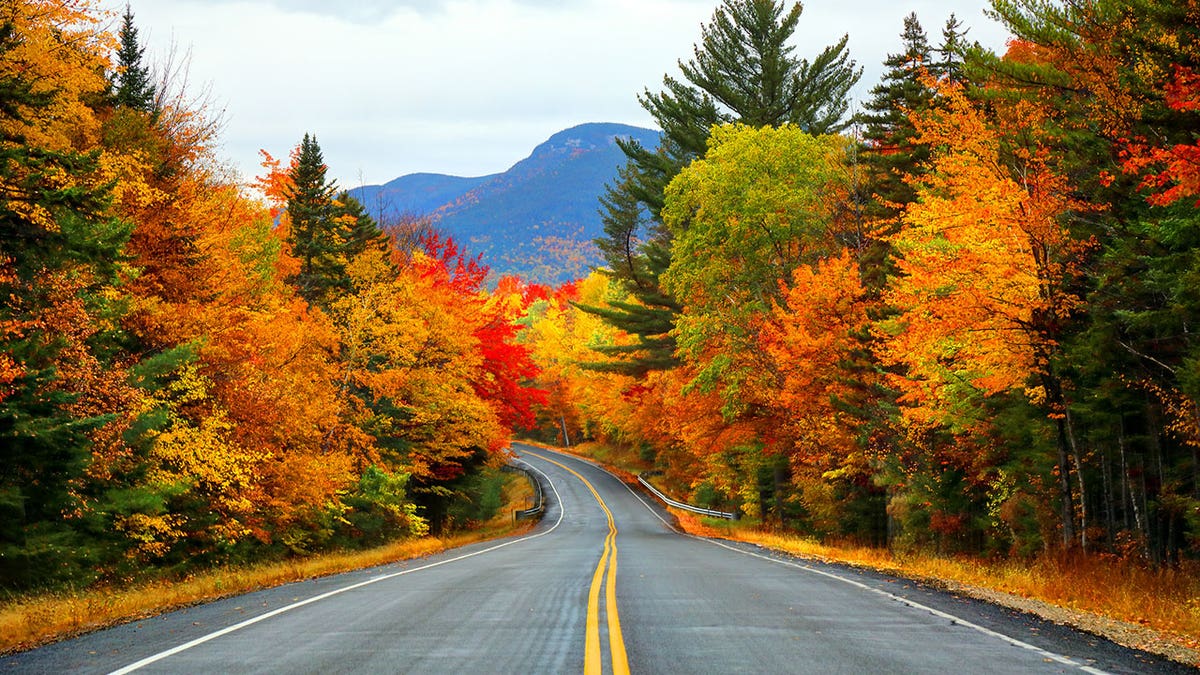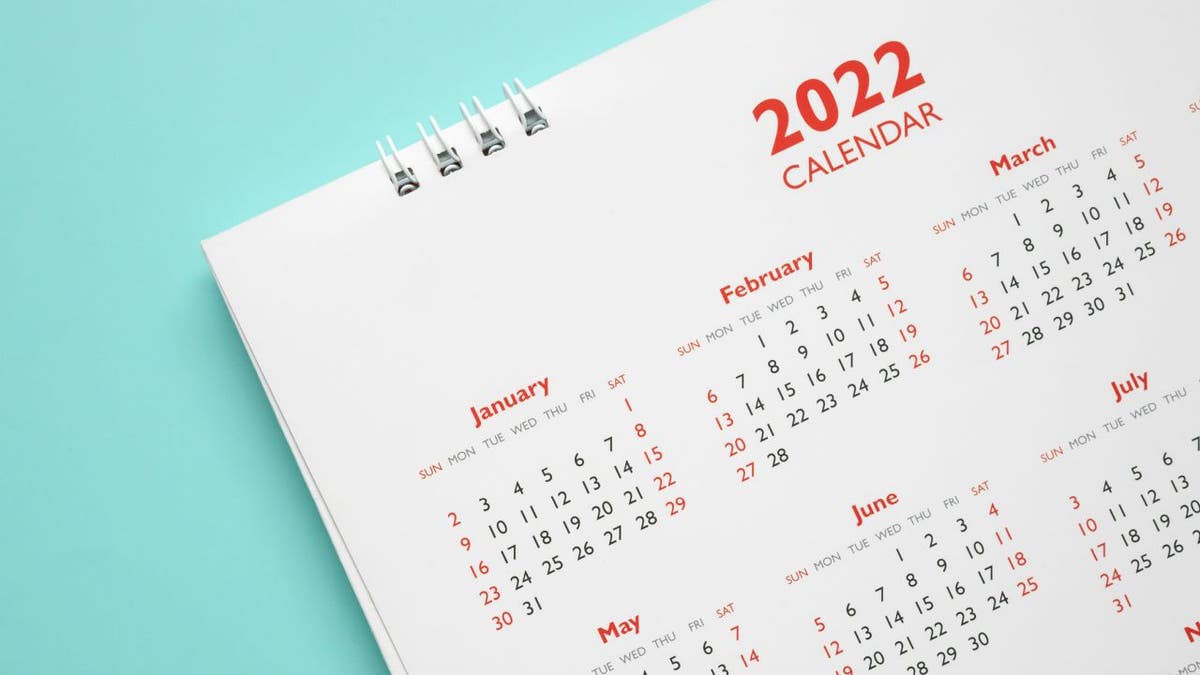Fox News Flash top headlines for September 22
Fox News Flash top headlines are here. Check out what's clicking on Foxnews.com.
For some, fall begins whenever pumpkin spice products are in stock. But in reality, the autumn equinox is on Thursday, Sept. 22, and Friday, Sept. 23.
Varying time zones in the 140-plus countries that are within the earth’s Northern Hemisphere dictate the official change of the season, which ultimately results in an even split of 12 hours of daylight and 12 hours of night, according to Britannica – a fact-checked encyclopedia.
FALL QUIZ! HOW WELL DO YOU KNOW THESE FACTS ABOUT THE UPCOMING SEASON?
In America, the fall equinox will arrive at 9:04 p.m. EDT, according to the Old Farmer's Almanac, an agriculture-focused weather forecasting and astronomical data resource.
Whereas in Guatemala, the autumn equinox will arrive at 7:04 p.m. CST (Sept. 22), and in the U.K., the autumn equinox will arrive at 2:04 a.m. BST (Sept. 23). In Egypt and Japan, the autumn equinox will arrive at 3:04 a.m. EET (Sept. 23) and 10:04 a.m. JST (Sept. 23), respectively.
PUMPKIN SPICE SEASON: HERE ARE 10 RESTAURANTS THAT HAVE ALREADY BROUGHT PUMPKIN SPICE BACK
There are only two equinoxes that happen in a year – autumnal (fall) and vernal (spring) – and they happen when the earth’s subsolar point passes through the equator, according to National Geographic.

The autumn equinox will arrive in the U.S. at 9:04 EDT on Sept. 22, 2022. (iStock)
"The equinoxes are the only time when both the Northern and Southern Hemispheres experience roughly equal amounts of daytime and nighttime," the nature magazine reports.
HALLOWEEN COSTUMES 2022: 11 IDEAS FOR KIDS
People who live further away from the equator see more daylight hours and experience distinct seasonal differences, according to the University of California, Santa Barbara UCSB ScienceLine, a science Q&A board.
Conversely, the passing of winter and summer solstices tend to result in shorter days.

Each year has two equinoxes and two solstices. These events mark the change of seasons. (iStock)
CLICK HERE TO GET THE FOX NEWS APP
"While the Northern Hemisphere gets the most sun exposure on the Summer Solstice, it gradually reduces over the course of 6 months until we reach the other side of the Sun, where it is now the Winter Solstice," the UCSB wrote. "When the transition is exactly halfway done, we call that an Equinox, where we mark the beginning of Spring or Fall."

